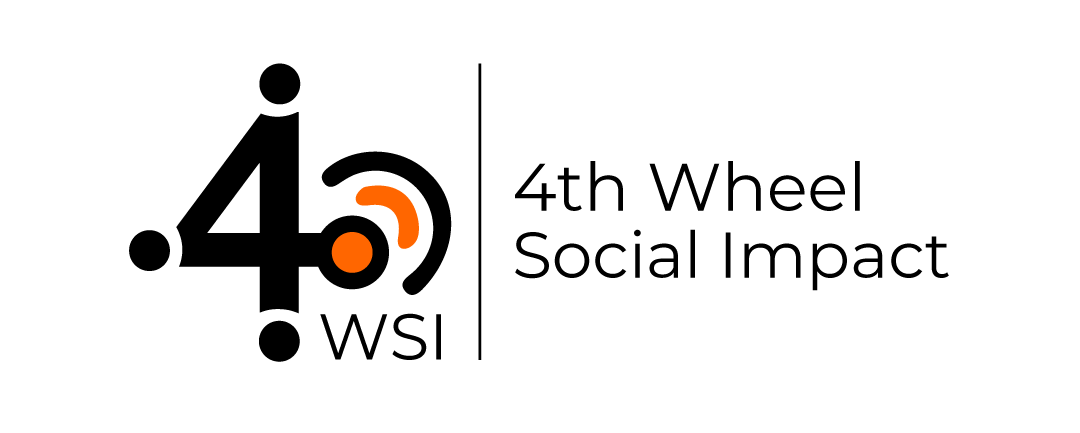THE COVID-19 PANDEMIC AND SKILLING: CHALLENGES AND WAYS AHEAD
- Sep 20, 2021
- 3 min read
Updated: Sep 15, 2025
India presents an interesting paradox when one tries to draw an association between the skilling and employment levels in the country. its skilling-employment levels. India faces one of the highest shortages of skilled workers at 56% in 2018 as per Statista. Simultaneously, the level of unemployment, which only goes up as education attainment goes up, was as high as 6.8 percent between April and June 2021. Thus, while companies face an acute shortage of skilled manpower, India has a large number of educated persons unemployed. (Misra)
The skill development sector receives considerable Corporate Social Responsibility (CSR) funding, However, considerable challenges have accompanied those engaged in this space as the Covid-19 pandemic has progressed. Learning, nevertheless, remains a continuum. Therefore, as these challenges have emerged, ways to mitigate and address these challenges have also been identified.
1) Market needs have not stagnated, rather they have evolved and are likely to keep evolving. According to a FICCI, Nasscom and EY “Future of Jobs in India – a 2022 perspective” report, 9 per cent Indians will be in jobs that have not yet been defined and 37 per cent of the Indian workforce will be employed in jobs with radically changed skill sets by 2022. (Dahiya) So, skilling programmes must remain aware and responsive to these new needs. (Misra)
2) Curriculum must be developed in a manner that is cognizant of learners as well. Training must remain mindful of attention spans, multiple ways of learning, and other human aspects of learning.Technical content must integrate visuals or audio, along with practical opportunities and ways of learning. (Chhajer) Where possible, learning should be more than one-way interaction. Thus, while curriculum must be informed by market needs, the content and delivery of skilling programmes’ curriculum must also be learner-centred to ensure maximum value addition.
3) While tangible aspects such as delivery platforms and infrastructure have had to adapt during the pandemic, one aspect that remains a challenge is the training of trainers. As the pandemic hit, trainers were not equipped to deliver training from their homes, found it difficult to teach practical elements of course online, and faced difficulties in engaging students and keeping them engaged. (India Development Review) Thus, ensuring trainer upskilling and re-skilling in a continuous and structured fashion requires attention and investment.
In June 2020, M Venkiah Naidu, the Vice President of India, highlighted the need for India to build skills with an eye on scalability and a sense of urgency (Naidu, 2020) To that end, we must recognise the need to re-evaluate the way we train, the content we share, and the cycle of learning.
If you are an organisation looking for support to navigate the COVID-19 disruption, reach out to us at hello@the4thwheel.com
Works Cited
Misra, Udit. “ExplainSpeaking: The Challenge of Skilling India.” The Indian Express, 20 July 2021, indianexpress.com/article/explained/explainspeaking-the-challenge-of-skilling-india-7411258/.
Naidu, M Venkaiah. “To Remain Globally Competitive in a Post-Covid World, India Needs to Focus on Skill, Scale and Speed.” The Indian Express, 15 July 2020, indianexpress.com/article/opinion/columns/skill-india-for-atmanirbhar-bharat-m-venkaiah-naidu-6505990/.
“Challenges with Youth Skill Development Programmes during the Pandemic: IDR.” India Development Review, 7 July 2021, idronline.org/challenges-with-skill-development-programmes-during-the-pandemic/.
Dahiya, Sunil. “The Reinvented Skill Development Framework in a Post-Covid World.” @Businessline, The Hindu BusinessLine, 21 Dec. 2020, www.thehindubusinessline.com/opinion/the-reinvented-skill-development-framework-in-a-post-covid-world/article33386428.ece.
Chhajer, Riddhi. “Skilling Disrupted: Impact of COVID19 on the Indian Skilling Ecosystem.” Leap Skills, Leap Skills, 4 Sept. 2020, www.leapskills.in/leapblog/skilling-disrupted-impact-of-covid19-on-the-indian-skilling-ecosystem.
This blog is written by Nandita Palrecha, Associate- Monitoring and Evaluation at 4th Wheel Social Impact.




Comments